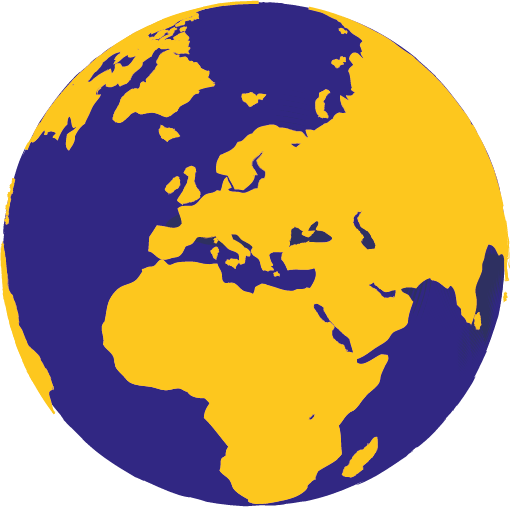More than 30 senior child care professionals from 17 countries come together in London today to receive world-leading training in reform to close orphanages and create family support services in the community.
They are attending the annual Introduction to Deinstitutionalisation event, organised by J.K. Rowling’s charity, Lumos, and based on 20 years of working with countries to reform services for vulnerable children.
Lumos helps governments move away from systems based on orphanages and institutions, which separate vulnerable children from families, and replace them with support services which keep families together in their communities. Eighty years of research has shown that being raised in institutions and orphanages, separated from the love and stimulating adult attention of a family, harms children’s physical, intellectual and emotional development. Orphanages across the world are not full of orphans, despite the widespread misconception that they are good, or at least necessary, places for children without parents. An average of 80% of children in them have at least one living parent from whom they are separated, mainly through poverty and disability, and could be cared for in families with some support in their community.
A core element of the Lumos model is large-scale training and technical advice, to give countries the professional skills – in health, education, social services, children protection and financial systems - which will enable them to provide community services for all children. Since 2009, Lumos has trained more than 27,000 people, in Central and Eastern Europe and, more recently, in Haiti. In addition, the organisation has provided technical advice and support to more than 25 countries. Also since 2009, Lumos has helped governments in Central and Eastern Europe to move 17,047 children from harmful institutions to families, family-style settings or supported independent living.
This week’s four-day event – Lumos’ annual flagship training programme, now in its third year – is aimed to help countries:
- Ensure all their decisions and actions are in the best interests of individual children
- Minimise potential harm to children during the process of change
- Maximise health, development and future life chances for children
- Ensure sustainability and affordability of the reform process.
Lumos CEO Georgette Mulheir said: “Helping countries to develop the skills needed to run and sustain reformed child care and protection systems is one of the most valuable and effective elements of our work.”



